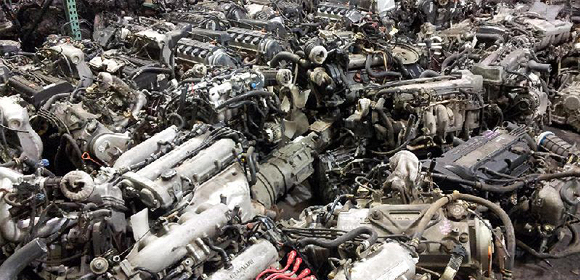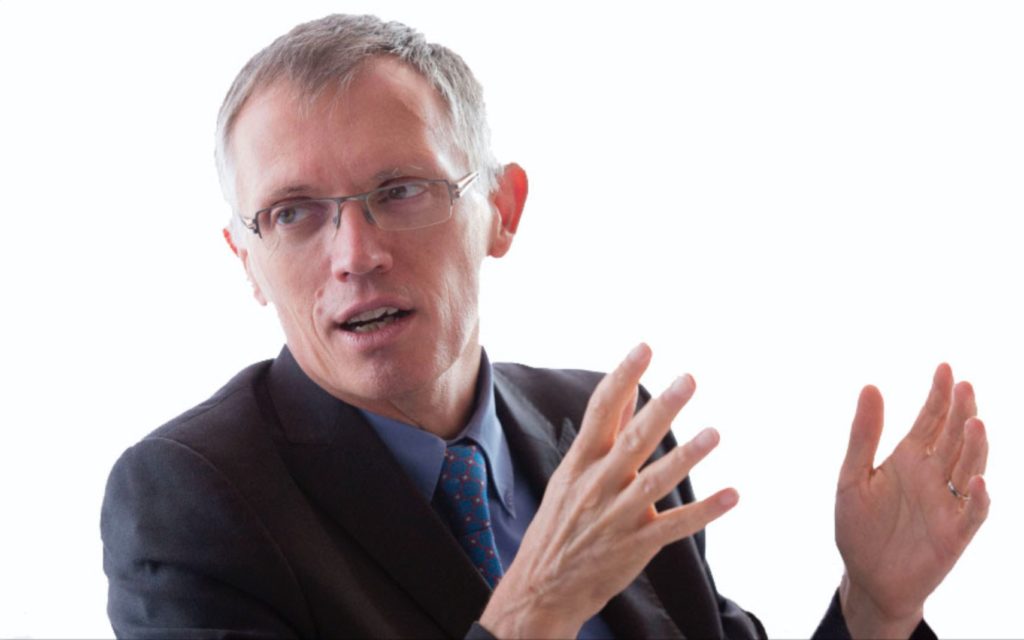Groupe PSA no longer spending on internal combustion engine development

Carlos Tavares, CEO of Groupe PSA stated on November 16, 2020, during the Reuters Automotive Summit teleconference, that it has ceased its spending on internal combustion engine programs.
The company is adapting to the likely reality of the European Union banning the sale of new vehicles with internal combustion engines sometime between 2030 and 2040, said the soon-to-be CEO of Stellantis, the new entity created with upcoming merger of Groupe PSA and Fiat Chrysler Automobiles.
Of course, this move also will also impact Citroën, which a brand within Groupe PSA. “Automakers need to cut back, because battery-electric technologies are more expensive than their traditional counterparts”, Tavares said.

“The point is … how much time you give the industry to adapt to this situation and how much time you give the industry to train people to different jobs or readjust their company to this different reality,” Tavares said. “The shorter the time we do have, the more brutal it will be, and the more social consequences it will have.”
“Either we sell the cars at the right pricing to protect the margins, and we lose part of the middle class that cannot afford these kind of products, or we compensate for the incentives of the government when the governments don’t, and then we sell the cars in the red,” he said. “In both cases, either we lose a significant amount of our customers or we sell in red ink.
“The only way to step out of this process is by an accelerated pace of cost reduction, generating a very significant cost reduction for the cost of technology, that will protect the affordability while being zero-emission mobility. That’s a very difficult situation.”
The resulting impact of the costs for research-and-development and capital expenditures across a large volume basis is that some automakers will face regulatory penalties or financial challenges, Tavares said, leading to consolidation in the industry. PSA is far ahead in meeting European Union CO2 emission targets, he said, but it is combining with Fiat Chrysler to help with the strain on funding the new technology. The deal is expected to close in March.
“Only the most agile with a Darwinian spirit will survive,” Tavares said. “I think we will be able to adapt to that. We have demonstrated enough agility and Darwinian spirit to adapt to that.”
As far as the status of the merger between Groupe PSA and Fiat Chrysler Automobiles to form Stellantis, Tavares reiterated this was on track for the first quarter of 2021.
“So far, so good,” he said, adding much of the hard work in bringing the two companies together had already been done.
PSA and FCA will operate under the name Stellantis after they merge, becoming the world’s fourth-largest carmaker.
Tavares said one of the tasks facing the merged group would be improving its performance in China, the world’s largest car market, where it will have a considerably smaller market share than in Europe and the United States.
“No global car company can afford not to be in the largest car market in the world,” Tavares said.
The fact that Tavares mentioned the USA in the teleconference, presumably means that his global vision still includes re-establishing at least Peugeot in the US market along with continued operations of Fiat Chrysler Automobiles.
